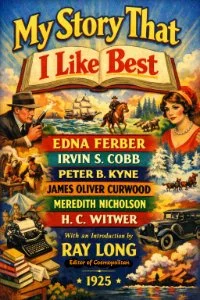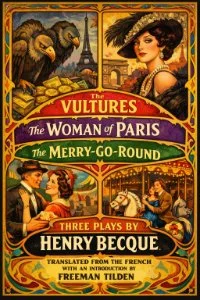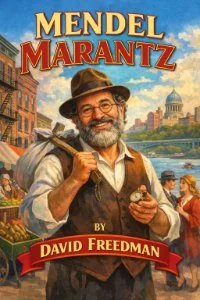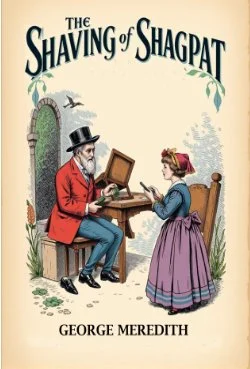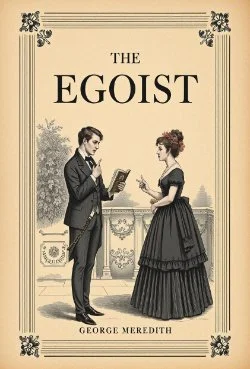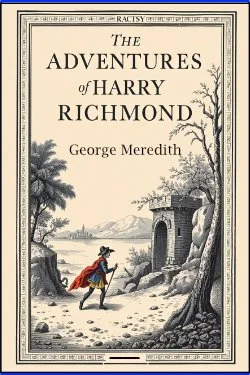By David Freedman. Introduction by Colin Heston.
David Freedman (1898–1936) was a central figure in the literary and entertainment world of the early 20th century. While Mendel Marantz remains his most enduring prose creation, his career spanned a vast range of media, from short stories to Broadway stages and the burgeoning world of radio
Freedman began his rise to prominence in the early 1920s. Mendel Marantz first appeared as a series of popular short stories in The Pictorial Review Company between 1922 and 1924. These stories were so well-received that they were compiled into the 1926 novel. The book’s dedication to Arthur Turner Vance expresses Freedman's gratitude for "bringing humble Mendel Marantz into the salons of literature," highlighting the character's journey from a folk figure to a literary icon.
Freedman's talent for sharp, rhythmic dialogue and philosophical wit—perfected in Mendel’s "What is...?" proverbs—led him naturally toward the performing arts.
Stage Success: In the mid-1920s, he transitioned to Broadway, writing for the legendary Ziegfeld Follies. He became a lead writer for comedy icons, most notably Eddie Cantor.
The Radio King: By the 1930s, Freedman was known as the "King of Radio Writers." At the height of his career, he was reportedly writing scripts for several of the most popular shows on the air simultaneously, earning a then-staggering salary for his creative output.
Freedman's work is characterized by a unique blend of immigrant humor and universal human truth. In Mendel Marantz, he explores the tension between the "fish market" of Pitt Street and the "Fifth Avenue" of high society. The novel captures the evolution of the Marantz family over several years, following their growth from a small apartment where "seven people in three rooms" lived like "cats on a roof" to the invention of the "Pitt Street Studio Apartments de Luxe. Mendel Marantz (1926), the full novel that solidified his reputationThe story was later adapted for both the stage and the 1926 silent film The Family Upstairs.
Freedman's career was cut short by his early death in 1936, but his "What is...?" philosophy continues to offer a window into the resilient, dreaming spirit of the era.
About the novel: Meet Mendel Marantz: the philosopher of the Fifth Avenue mind living in a fifth-floor walk-up. In David Freedman’s timeless classic, we step into the bustling, heart-filled world of the Marantz family, where the rent is high, the tea is hot, and the jokes are always free At the center of it all is Mendel—a man who views work as "poison" but sees life as a "see-saw" of endless possibilities While his wife, Zelde, scrubs away the "ocean of troubles" on a washboard, Mendel is busy dreaming up the next big thing, like his revolutionary Refillable Can Company. He’s the original "idea man," a dreamer who believes that while "fools can make money," only brains can create a future.
But when the family hits a breaking point, Zelde stages a revolt that flips their world upside down. In a modern twist on roles, Mendel finds himself trading his inventions for the "charms" of 1920s housekeeping—battling flying pillows, greasy garbage, and the relentless energy of six children. It’s a hilarious and poignant look at family dynamics that feels surprisingly fresh today.
Whether he’s turning a crumbling Pitt Street tenement into a "Studio Apartment de Luxe" or navigating the high-society dreams of his daughter Sarah, Mendel meets every challenge with a sharp wit and a signature "What is...?" proverb.
Mendel Marantz isn't just a book about the old days; it’s a celebration of the dreamer in all of us, proving that no matter how tough the "journey" gets, it's always better with a joke and a cup of tea.
Read-Me.Org Inc. New York-Philadelphia-Australia. 2026. p.212.


